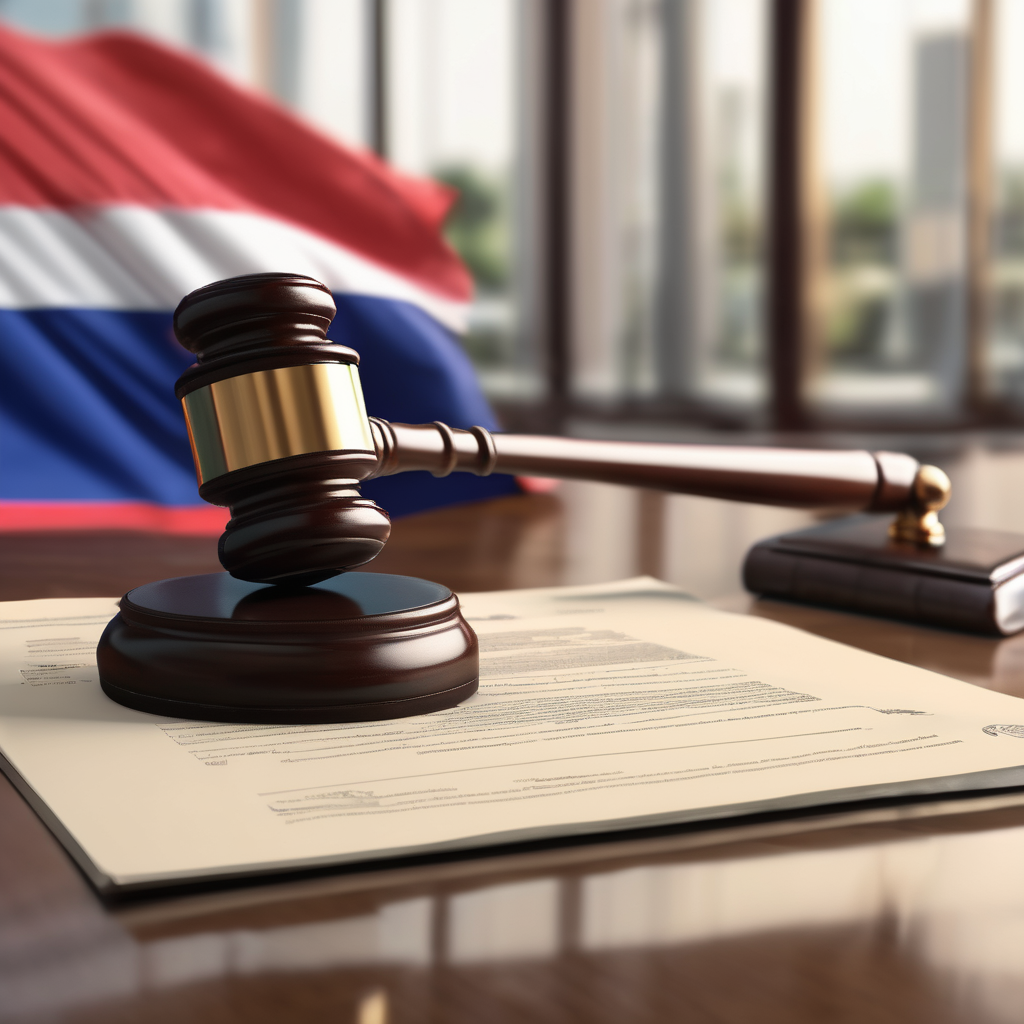Thailand is on the brink of a significant political transformation after the Constitutional Court’s decision to remove Paetongtarn Shinawatra from her role as prime minister. Her removal, resulting from ethics violations tied to a leaked audio with Cambodian leader Hun Sen, highlights the ongoing tension between the progressive Pheu Thai Party and conservative forces in the country.
Paetongtarn Shinawatra’s time as prime minister was symbolic, representing a return of the Shinawatra dynasty, marked by past political upheavals. Her ousting underscores the challenges elected leaders face from conservative institutions wielding substantial influence. Her disqualification also bars her from executive roles in major companies, aggravating her supporters while invigorating conservatives who see her downfall as a vindication.
The conservative parties, sidelined post the 2023 elections, now view Paetongtarn’s exit as an opportunity to reassert their influence. These parties aim to present themselves as bastions of constitutionalism and stability, challenging the populist inclinations of Pheu Thai amid debates on fiscal responsibility and economic policies.
Conversely, Paetongtarn’s removal has weakened Pheu Thai significantly, stripping it of its symbolic leader. This leadership void, coupled with internal party divisions and criticism of its economic policies, has allowed conservatives to reshape discussions on economic governance in their favor.
The progressive People’s Party (PP) sees a potential advantage in Paetongtarn’s removal, yet faces the challenge of distancing itself from the negative portrayal of radical politics by conservatives. The PP must navigate heightened scrutiny while maintaining its anti-establishment stance.
Thailand’s political climate remains fraught with polarisation. Pheu Thai’s supporters assert that Paetongtarn’s removal exemplifies elitist interference, while conservatives feel empowered to push back against populist movements. This divide may prompt renewed street activism, risking political instability and economic recovery efforts.
As Thailand navigates this volatile period, institutions like the military and judiciary will likely influence the next phase significantly. With a caretaker government temporarily in charge, coalition negotiations will be complex. While conservatives gain momentum, the cyclical nature of Thai politics and repeated judicial interventions could undermine long-term stability. Investors remain cautious, wary of potential volatility as the country grapples with its political future.
In parallel, the Democrat Party is experiencing its own internal shifts. With Chalermchai Sri-on’s resignation due to health issues, there’s a renewed push for Abhisit Vejjajiva’s return, aiming to rejuvenate the party. The resignation came amid party disagreements, highlighting the Democrats’ struggle after a poor electoral performance. Supporters hope Abhisit’s leadership could revive the party, drawing back traditional voters and reinforcing the party’s ideological core. However, internal elections and leadership decisions remain key to the Democrats’ future, with calls for principled leadership echoing across the party’s base.
